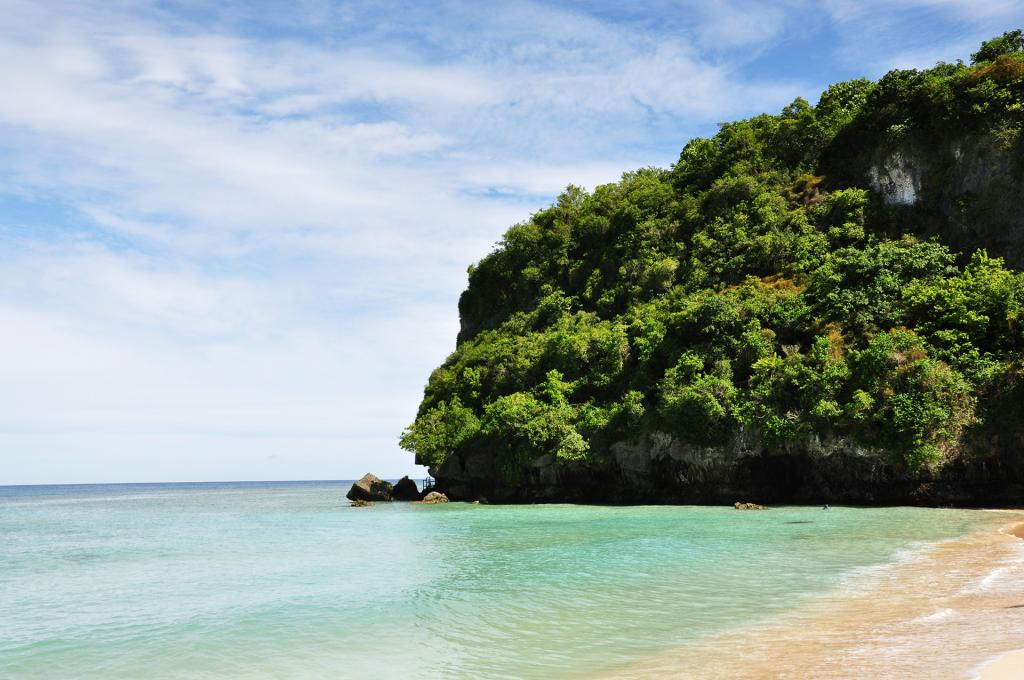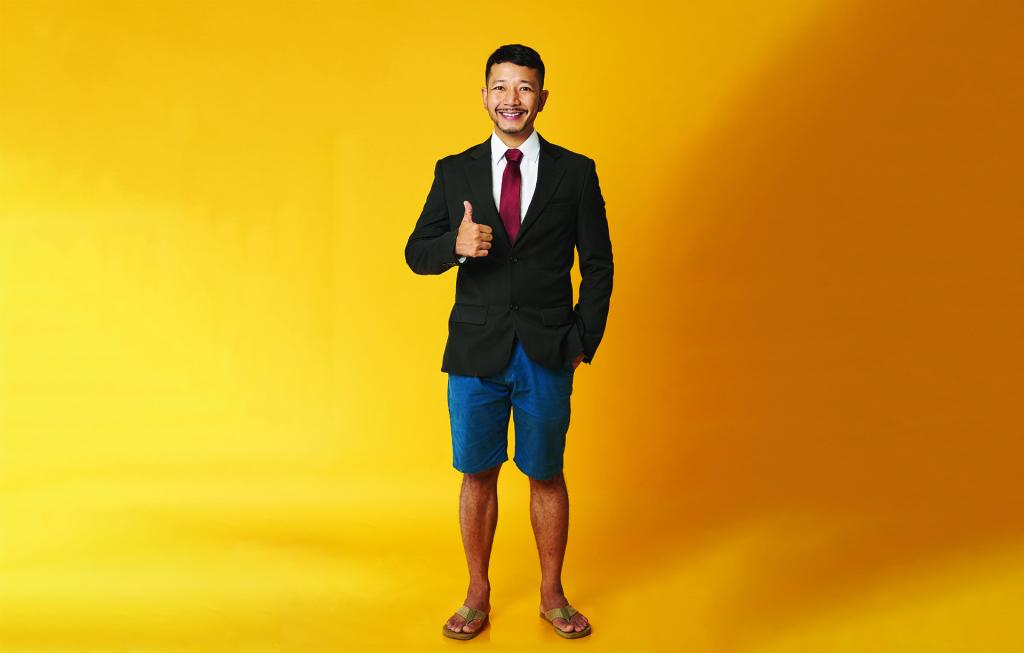Someone once said, “The United States and Great Britain are two countries separated by a common language.” Languages naturally evolve, and every region puts its own spin on the national tongue. Whether it’s people in the American Midwest saying “pop” instead of “soda” or Hawaiians saying “choke” instead of “a lot,” regional differences are everywhere. Guam — with a distinct culture and language that predate European contact — is no exception.
While some people insist on “correct” English, we think regional dialects, slang and idioms help remind us how varied, interesting and just plain fun the human race can be.
Below you’ll find a list celebrating some of the unique expressions heard on Guam. And if you’re new to the island or an islander visiting the states and you get the feeling no one knows what you're saying, feel free to break this list out so everyone can be hip to the game.
Shoot

A sort of multi-use word, “shoot” generally means approval or “I’m down!” For instance:
“Do you want some latiya?”
“Shoot!”
That means yes, you want latiya. Unless, of course, you shake your head and wave your hand and say, “Shoot, shoot!” That would be a form of disapproval because it means you don’t want the latiya (but you DO approve of their kind offer).
But if you say you can’t have latiya because you’re going to leave and the latiya offerer says “shoot!” that means goodbye (Does it also mean they approve of you leaving because they think new experiences help you grow as a person? Or maybe because they just don’t like you? Hard to tell, to be honest).
Oh hey, so you’re done reading this part of the article. Shoot!
Simple, right?
Hafa?/Hafa?!
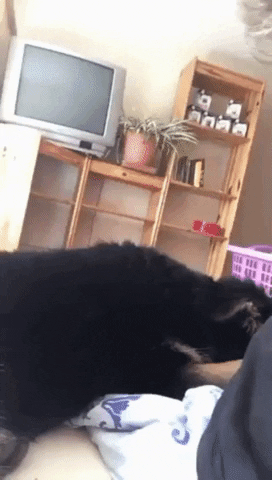
A shortened version of Guam’s famous greeting “hafa adai,” “hafa” can mean different things based on how it’s said. “Hafa?” is pretty similar to “Hey, what’s up?” It can be a casual greeting or a genuine inquiry as to whether you require assistance. Like, “Hey, buddy, can I assist you with anything?”
“Hafa?!” — delivered with a more aggressive tone — means someone’s gonna catch some hands (get beat up). Hopefully not you. Good luck, che’lu.
Che’lu
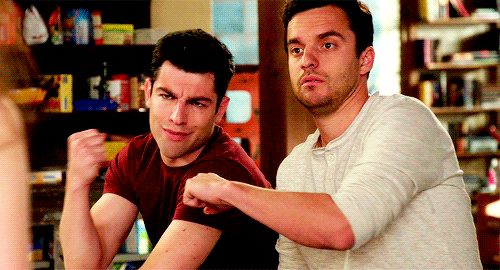
“Che’lu” is a Chamorro word that means sibling. It’s gender-neutral, meaning it can be used to describe a brother or sister. You’ll often hear it used casually (usually by men) in a manner similar to “bro.” If someone calls you che’lu, that means you’re tight, par.
Par
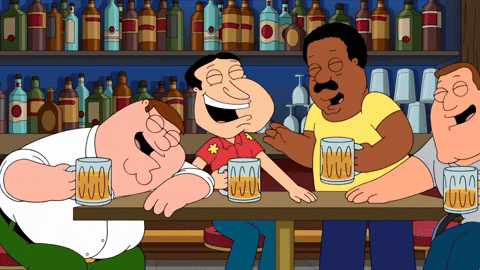
Like “che’lu,” “par” is a term that has origins in Chamorro language. “Par” is short for pari’, which is the godfather of your child (your måle’ is the godmother of your child). This is an important social and religious relationship in Chamorro culture, born as it is from the bond created by a child’s baptism. But like many things sacred, “par” has come to be used informally — and somewhat irreverently — in a manner similar to “buddy.”
It’s also a good tool to gauge how drunk a guy at the bar is. The more frequently and loudly “par” is said, the more drunk the guy is. For example:
Par 1: “Par. Par. Let me tell you something, par. My Eagles, par? They’re going all the way, par.”
Par 2: “Par. No par. My Patriots, par…”
Par 3: “Par! PAR!! My RAVENS, par?!? PAAAAR….!!!!!”
Leche/Leeechaaay!
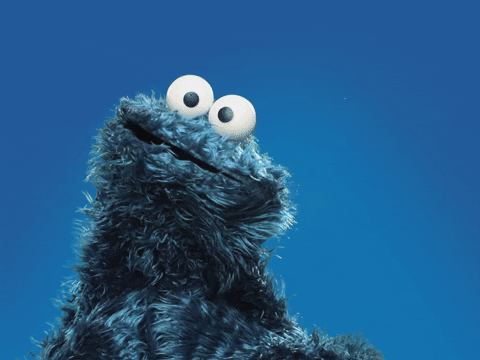
"Leche” - it’s the all-purpose word you never knew you needed! It’s derived from the Spanish word for “milk,” but when used expressively on its own, it’s the island’s version of “darn” or “heck” – a mild expletive that can express frustration, surprise, or annoyance. The longer your draw out your “e,” the higher the intensity of these feelings. For example:
You forgot to lock your car: “Leche!”
Your phone battery dies at 1%: “Leeechaay!”
You realize you’ve been in the wrong checkout line for 10 minutes: “Leeeeeeeechaaaaaaay!”
But “leche” can also be a term of endearment among friends. It’s all about the context and tone. If your par pulls a prank on you, you might laugh and say, “Leche, you got me!”
Next time you’re feeling frustrated, throw in a “leche!” Just be mindful of who’s around – it's still a bit cheeky. Leche, now you’re talking like a local!
If anything
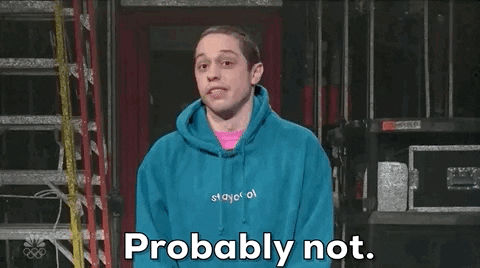
“If anything” means, “No way I’m not going to your thing, but I really don’t want to hurt your feelings so I’m going to let the vague hint of a possibility I’ll attend hang in the air like the cloud from a ninja smoke bomb and make my escape.” It’s a way of saying it’s theoretically possible that if aliens abducted you and you defeated them with your mad nunchuk skills and then bailed out the flying saucer window and you just so happened to land at that dude’s house, then yeah, you might attend their thing. But probably not.
The funny thing with “if anything” is that for a long time it was a sort of open secret. If you invited someone to a party and they said, “Man, I’ve got a family function that night … but yeah, if anything par, I’ll stop by …” everyone knew what that meant. But in the past few years it’s become common to openly discuss its meaning, so its days as an effective way to graciously duck a party may be numbered. The time will soon come when you break out the trusty old “If anything” and you’ll get the “Oh, you gon’ do me like that, bro?” expression. Enjoy it while you can.
Since ever since
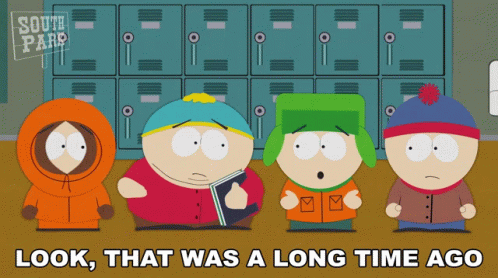
"Since ever since" means a really long time ago. Even though you don’t seem to hear it as often these days, it was immortalized by local lifestyle clothing brand Fökai the moment back in the primordial days of mixed martial arts when John Calvo walked out to fight former UFC champ Dan Severn wearing shorts that said “Team Fökai: Since ever since.” The fight didn’t go well for Calvo (it was the 1997 version of Dan Severn, after all) but the proud display of a local phrase by an island son taking on one of the best fighters the world had to offer had an impact on an entire generation of islanders, from fighters to entrepreneurs to the men and women in the street. And since we’re talking about Fökai…
Fökai

Not just the name of a clothing brand, the exact definition of "fökai" is somewhat up for debate. Some people say it means to break something, other people say it means to persevere. One thing every usage has in common — whether someone says, “That thing gets stuck sometimes so just fökai it until it comes loose” or “I’m gonna fökai that dude’s face!” or “I’m exhausted from staying up all night studying, but I’m just gonna fökai this exam” — the word fökai always suggests extreme effort, whether in doing damage, accomplishing a goal or persevering through difficulty. For a small island fighting for its place in the world in the shadow of global powers, it just might be the most appropriate name for a brand that was one of the first to represent Guam to the world. Fökai indeed.
Biba
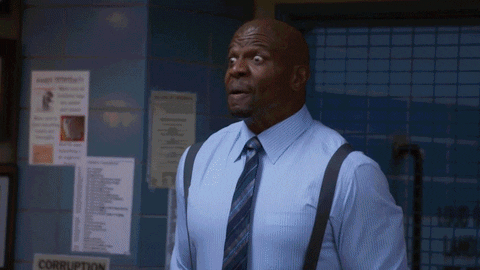
You’ll hear this shouted at Liberation Day parades, fiestas, and at any event where there’s food, fun, and family – which, let’s be honest, is pretty much every event on Guam. Whether you’re celebrating a birthday, an anniversary or someone found their missing zoris, “Biba” is your go-to cheer.
“Biba” is a Chamorro expression of celebration and enthusiasm, similar to “Long live!” or “Hooray!” It’s the island’s version of raising a toast but with less glassware. So next time you’re at a local event and the crowd starts cheering, join in with a loud “Biba!” And if you’re loud enough, you just might get a few high-fives and fist pounds for your island spirit. Biba!
While this isn't a complete list of local lingo, these are some of the main expressions you'll hear around Guam. Go ahead and sprinkle these into your convos and enjoy!








